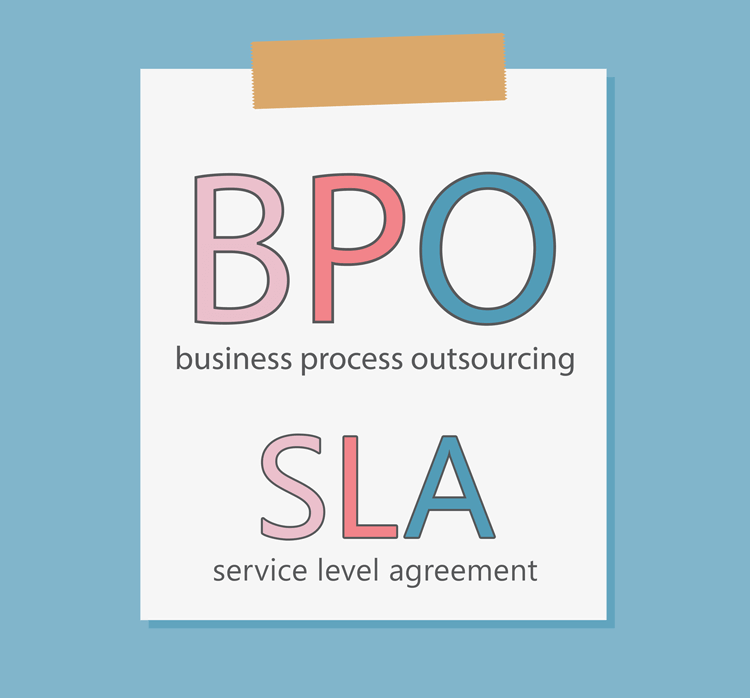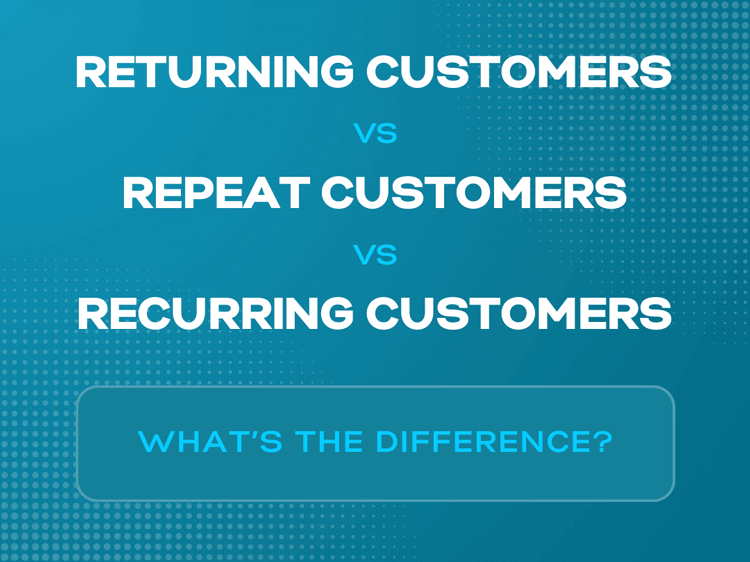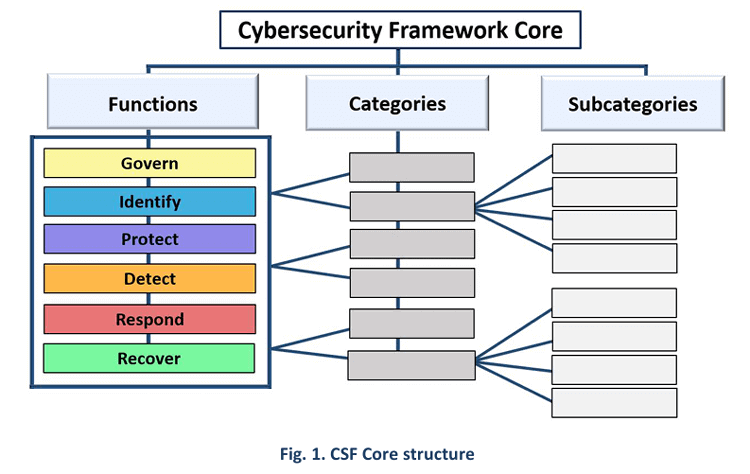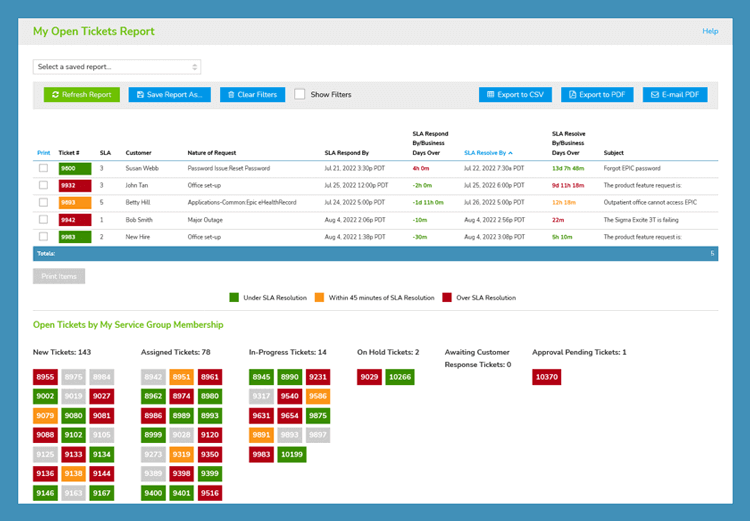BPO SLAs: How to Prevent and Resolve the Most Common Disputes
What is BPO: Business Process Outsourcing?
BPO stands for Business Process Outsourcing and is the contracting of services to third-party companies that can provide them more inexpensively or more efficiently than your organization. Businesses outsource their work for many reasons but are most commonly looking to decrease costs, expand capabilities, or lessen risks.











